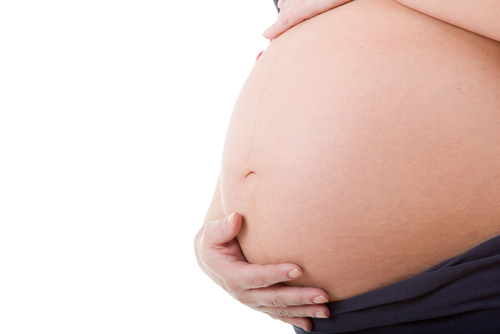Researchers found that the Endometriosis Fertility Index (EFI) may be a valuable tool for predicting spontaneous pregnancy in women with endometriosis-associated infertility treated by laparoscopy.
The study “Prediction of Endometriosis Fertility Index in patients with endometriosis-associated infertility after laparoscopic treatment,” was published in the journal Reproductive BioMedicine Online.
Infertility is a common problem for patients with endometriosis, but the mechanisms explaining this association remain poorly understood.
Minimally invasive laparoscopic surgery is widely used to treat endometriosis-associated infertility in both mild-to-moderate and severe patients. It is the only strategy providing diagnosis confirmation by enabling observation of typical lesions.
However, when using the revised American Fertility Society (rAFS) classification of endometriosis, the pregnancy outcome after laparoscopy is not consistent, which lowers this system’s clinical value for prognosis. To resolve this issue, researchers published the EFI system in 2010, which aims to predict natural conception after surgery.
EFI assesses endometriosis severity, historical factors at the time of surgery, and function of ovaries and fallopian tubes after intervention, which is essential in natural conception. It has been validated in endometriosis-associated infertile women in China, Belgium, France, and Italy.
The researchers wanted to show the utility of the EFI score to predict spontaneous pregnancy in women with endometriosis-associated infertility undergoing laparoscopic treatment from January 2008 to December 2012
The team used statistical methods to calculate the correspondence of cumulative pregnancy incidence (CPI) — a pregnancy rate — with EFI scores.
All women included in the study were ovulating normally, had at least one patent (open) fallopian tube, and had not conceived in the year prior to evaluation. Of the total 1,325 enrolled patients, researchers were able to interview 1,097 during the follow-up period between March 2013 and December 2015.
Results showed that 505 (46.03%) patients conceived naturally after surgery. Importantly, the data also demonstrated a correlation between the EFI score and CPI. “In our opinion, the higher the EFI score, the higher the probability that a spontaneous pregnancy will be achieved,” the scientists wrote.
They further estimated that an EFI score of 7.5 was the optimal cut-off value to predict successful pregnancy outcome.
Women with lower EFI scores should be informed of their low likelihood of spontaneous pregnancy and assisted reproductive technology (ART) should be strongly encouraged, the authors considered.
As they found that most pregnancies occurred within two years of surgery, they also recommended ART for patients who fail to conceive naturally after this time, even those with a high EFI score.
“The EFI score seems to be relevant for the prediction of the natural conception rate in infertile women with endometriosis treated with laparoscopic surgery. This will be useful in counseling patients of reproductive age,” they concluded.

